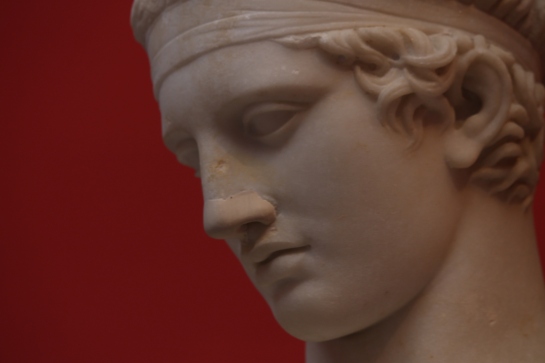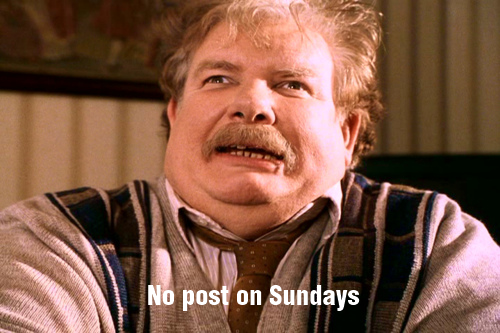It was my intention to come to Greece with one mindset and leave with another. I’m not sure what I wanted exactly, only that I desperately needed this change, and that I thought that traveling abroad with complete strangers was going to initiate it. I think now, looking back, what I wanted was an independent, self-sufficient attitude that would allow me to not only communicate better with others, but also help me continue relationships and obtain a better, more informed perspective on something more than just myself. And now, as the me leaving the foreign country I had such high expectations for, I can say with a self-assurance I certainly didn’t have before that I’ve left with what I came for, and more.
Through interaction with locals, other foreigners, as well as the other students traveling with me, I’ve come to understand something about relationships. It really doesn’t matter where you’re from, and therefore, who you are. You can be something that goes completely against someone else’s regards, and still, if you have the nerve and wit for decent conversation, friendships, or bonds at the very least, can be established with a little bit of work. Language doesn’t have to be a barrier, not unless you want it to be. Despite the fact that I can’t speak even a bit of Greek, I was able to befriend a baker, two grocers, and my professor, who, though not Greek, is from a place unlike my home, which could have easily been a barrier between him and me.
These friendships allowed me to cross a line that divided me from my comfort zone and something I had yet to experience, which was happiness stemming from relationships of not only a different culture, but also age group, profession, and all around understanding of a society in which I did not live. I was able to immerse myself in a place I did not understand, and through understanding it, I am able to see past the boundaries of my limited interests and lifestyle.
This trip, despite it’s wonderful enchantments, has not changed who I am. It’s merely added to what I already was, and in that, has made me a more rounded person. It was not just the trip itself, but all the people who traveled alongside me. In fact, they made just as much as difference as Greece itself, and I can’t even begin to understand how to thank them for the friendship they’ve given me.
This is my last post, so on an ending not…
I HATE NUTELLA.
Never again. NEVER. There is such a thing as too much Nutella, and I have been there. BEEN THERE.
And with that, I bid adieu.
(I also dedicate this last post to Maria. Only a couple more days!)















